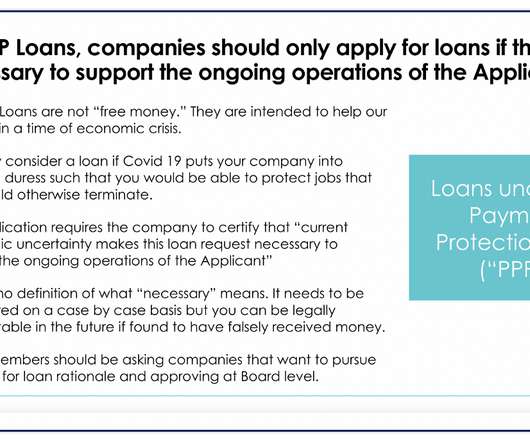Venture Capital Q&A Session
Both Sides of the Table
JULY 29, 2010
We received so much positive feedback from our This Week in Venture Capital show walking through valuation calculations & term sheets that we decided to do a Q&A show this week to address topics that entrepreneurs want to learn about. In fact, far better if you haven’t raised venture capital. Do it early.


























Let's personalize your content